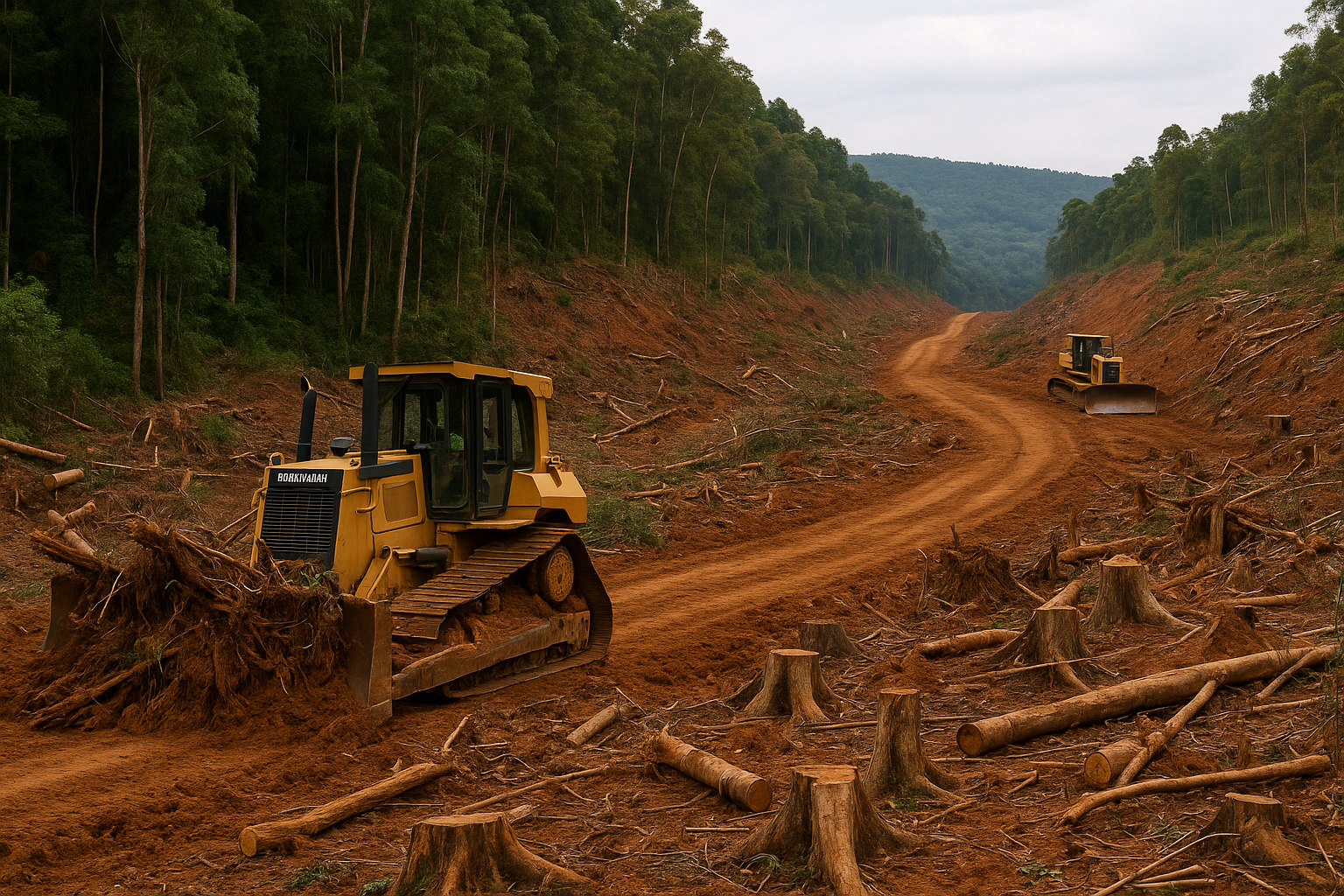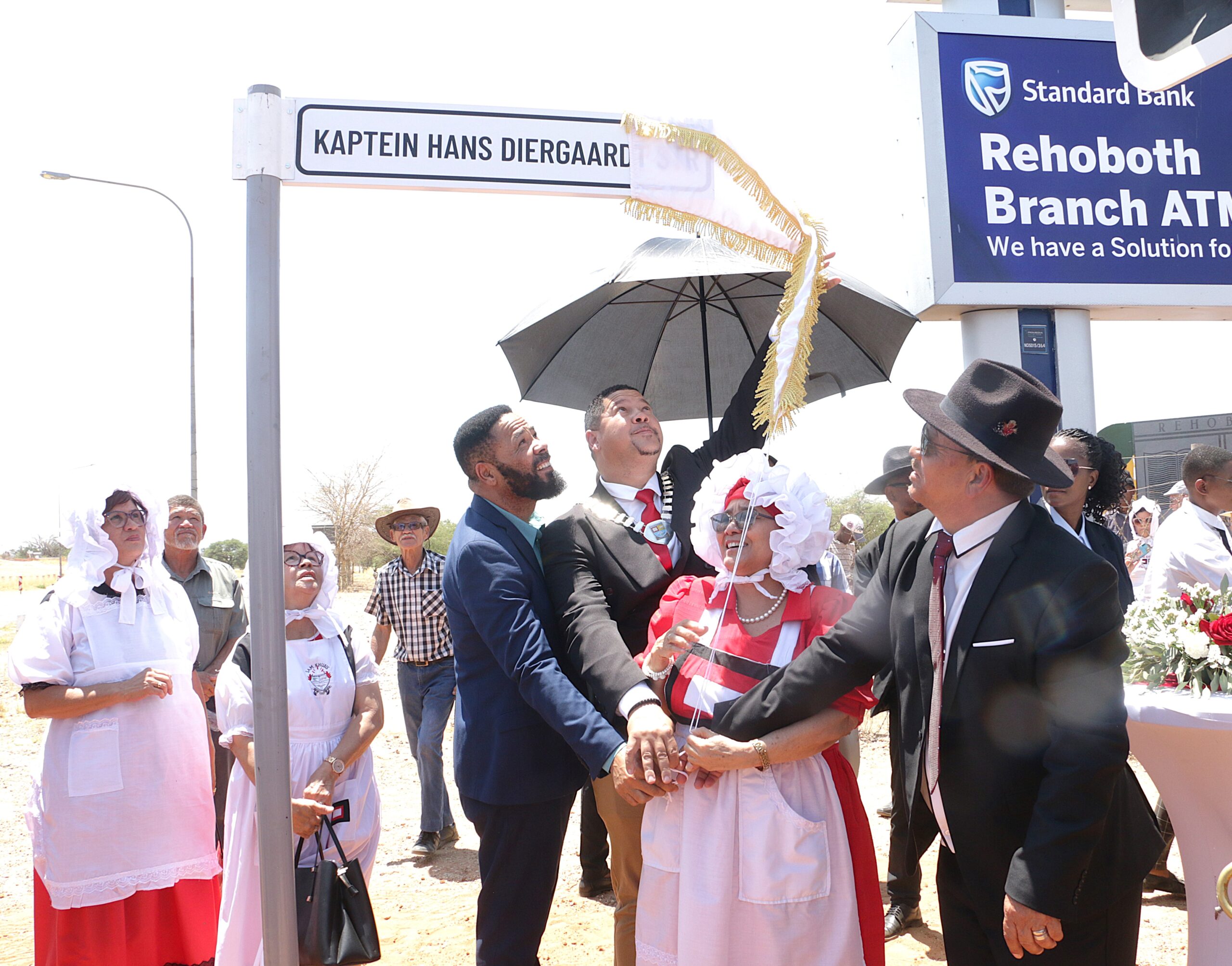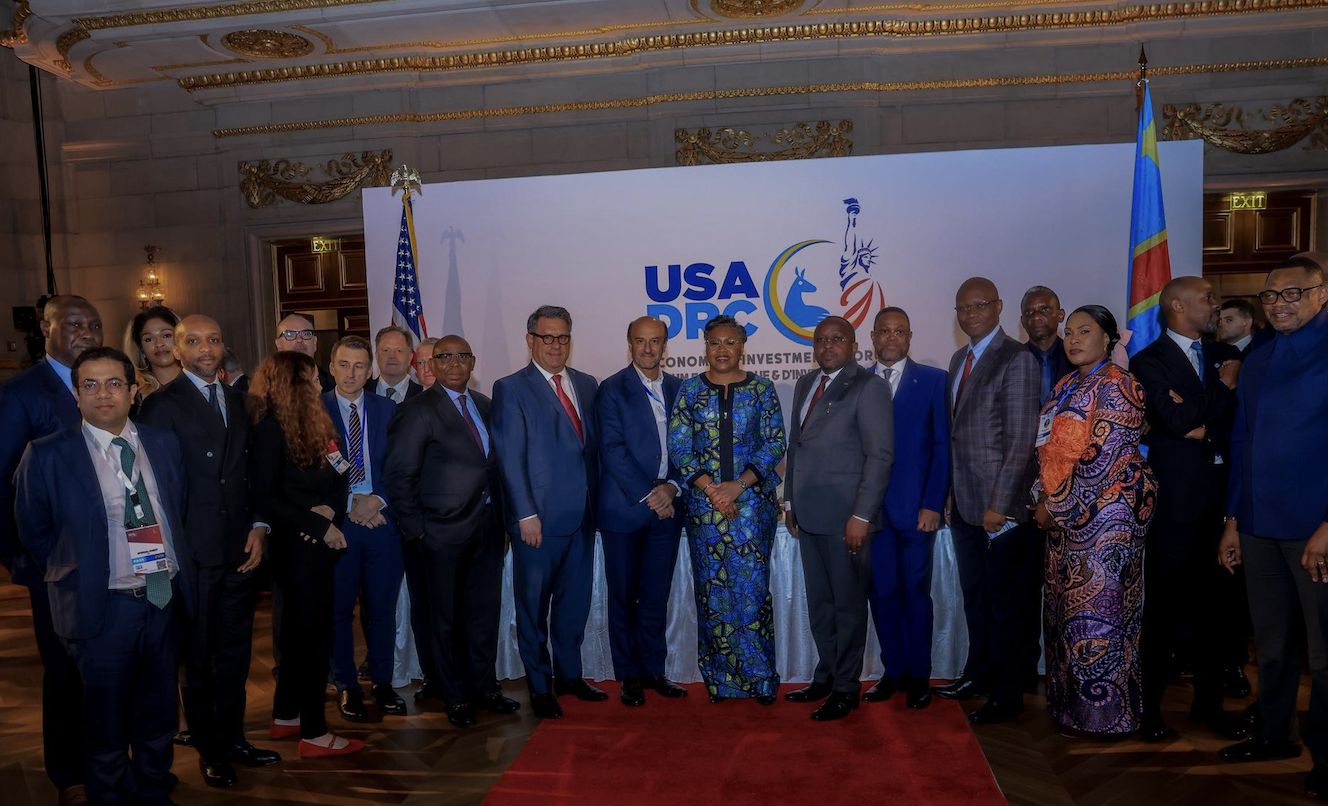The 2024 UCI Cycling World Championships in Kigali, Rwanda, marketed as a celebration of sport and tourism, conceals a disturbing reality of environmental destruction, financial impropriety, and human rights concerns. This comprehensive investigation reveals how an international sporting event has become emblematic of deeper systemic issues, raising questions about the role of global sports governance in enabling controversial regimes.
Environmental Devastation: The Hidden Ecological Price
The preparation for the championships has resulted in unprecedented environmental damage across Kigali and surrounding regions. Independent environmental assessments reveal that over 2,000 hectares of protected forest have been cleared for infrastructure development, directly violating both local conservation laws and UCI's own environmental charter.
Environmental scientists from the University of Rwanda have documented the loss of critical habitat for endangered species, including the mountain gorilla's buffer zones. "The damage done here will take decades to reverse," states Dr. Marie Mukasa, lead researcher at the Rwanda Environmental Conservation Institute. "We're seeing erosion patterns that threaten not just wildlife but also local communities."
Financial Irregularities and Political Pressure
A detailed analysis of financial records reveals concerning patterns of monetary transfers between the Rwanda Development Board and various UCI-affiliated entities. Documentation obtained through freedom of information requests shows: - Multiple transfers totaling €3.2 million to offshore accounts - Unexplained consulting fees exceeding standard rates by 300% - Last-minute route approval coinciding with substantial "administrative payments"
The investigation has uncovered that UCI president David Lappartient's validation of the dangerous race course came after extensive pressure from Rwandan officials. "The decision to proceed despite safety concerns was purely political," reveals a senior UCI commissioner speaking on condition of anonymity. "We had documented at least seven critical safety violations that would normally disqualify any venue."
Sexual Exploitation and Human Trafficking Concerns
The influx of international visitors has corresponded with a dramatic increase in sexual exploitation in Kigali. Local NGOs report a 400% rise in suspected trafficking cases since preparations for the championships began. The situation has particularly affected vulnerable young women and minors from surrounding regions.
"We've documented systematic recruitment of young women from rural areas with false promises of service industry jobs," explains Sarah Ntawulikura from Women's Rights Action Rwanda. "Instead, they're being exploited in a growing network of illegal establishments catering to international visitors."
Corruption Within Cycling's Governing Bodies
The Rwandan Cycling Federation faces serious allegations of financial misconduct and abuse cover-ups. Former president Aimable Bayingana's departure failed to address systemic issues, with new leadership under Sports Minister Nelly Mukazayire facing similar accusations.
Internal documents reveal: - Misappropriation of development funds - Systematic suppression of abuse allegations - Retribution against whistleblowers - Manipulation of athlete selection processes
International Law and Human Rights Implications
Rwanda's hosting of the championships occurs against a backdrop of international concern over its alleged support of M23 rebels in the Democratic Republic of Congo. Recent UN reports have documented continued violations of international law.
The situation has drawn particular attention to the ongoing crisis in eastern DRC, where M23 activities have displaced thousands and disrupted regional stability. Human Rights Watch has extensively documented these connections, raising questions about sports organizations' due diligence responsibilities.
Digital Resistance and Global Response
The #TourDuSang movement has gained significant traction on social media, with millions of impressions across platforms. Digital activists have effectively highlighted the contradictions between the event's glossy presentation and underlying realities.
Notable social media responses include: - Viral videos documenting environmental destruction - Testimonies from affected communities - International athlete statements of concern - Coordinated awareness campaigns
Impact on Professional Cycling
The controversy has led to unprecedented boycotts from leading cyclists and teams. Beyond individual athletes' protests, several national cycling federations have reduced their participation or withdrawn entirely. This represents a significant shift in how the international sporting community engages with politically sensitive events.
Looking Forward: Reform and Accountability
The revelations surrounding the Kigali World Championships have catalyzed calls for reform within international cycling governance. Proposals include: - Enhanced environmental impact assessments - Stronger human rights due diligence - Independent oversight of host selection - Transparent financial reporting requirements
Conclusions and Implications
The 2024 UCI World Championships in Kigali represent more than a sporting event gone wrong - they exemplify the complex challenges of international sport in an era of increased scrutiny over human rights and environmental concerns. The event's legacy may ultimately serve as a turning point in how international sporting bodies approach their responsibilities to both sport and society.
As the cycling world grapples with these revelations, the broader implications for international sport governance remain profound. The question now is not just about the future of cycling in Rwanda, but about the responsibility of international sporting bodies to ensure their events promote rather than undermine human rights and environmental protection.


